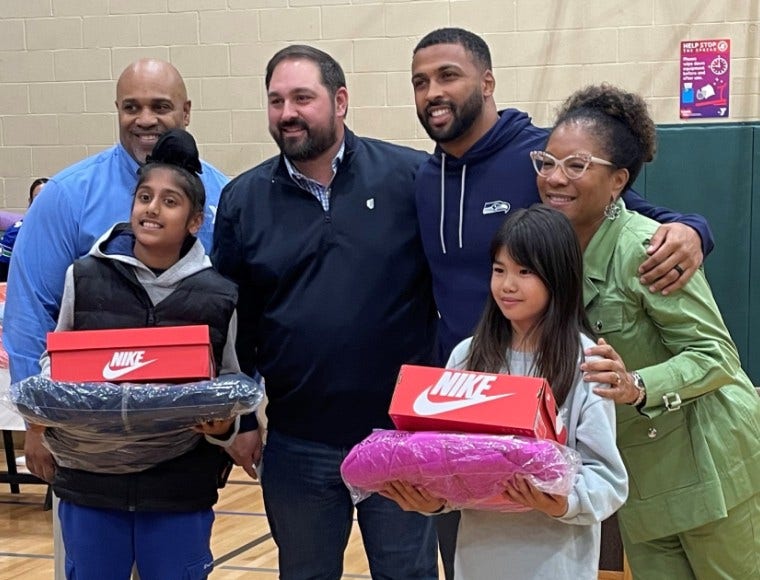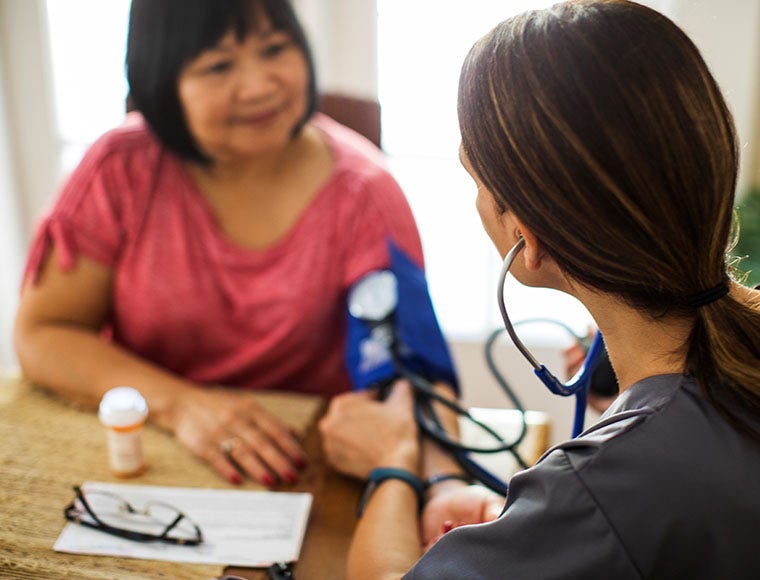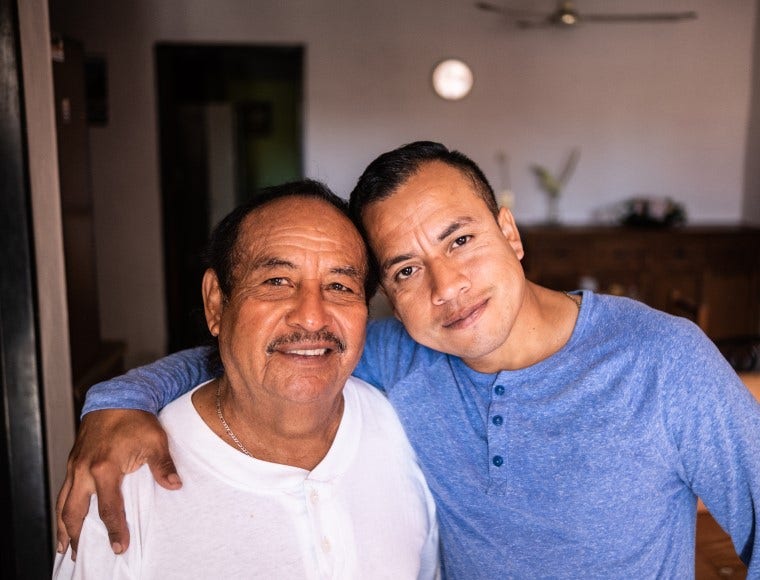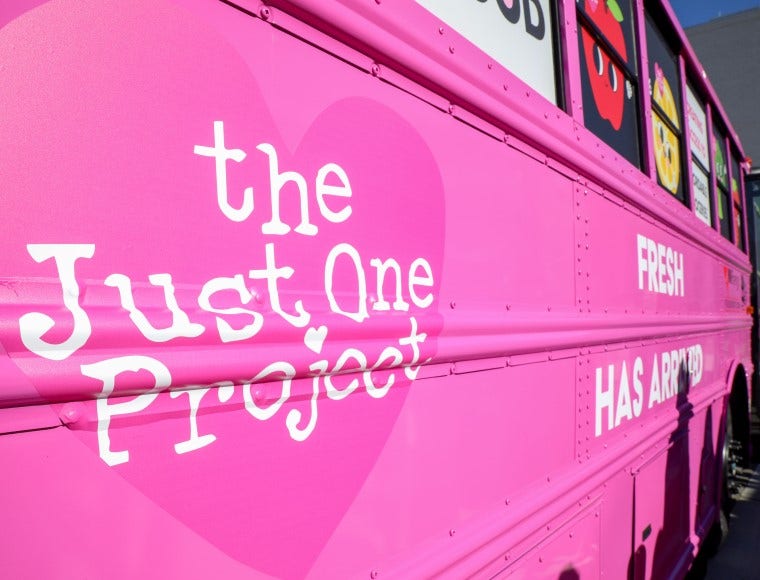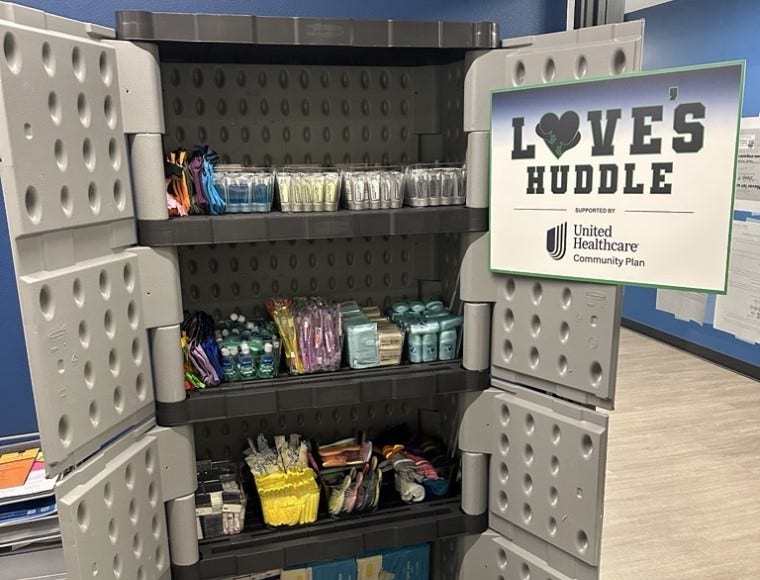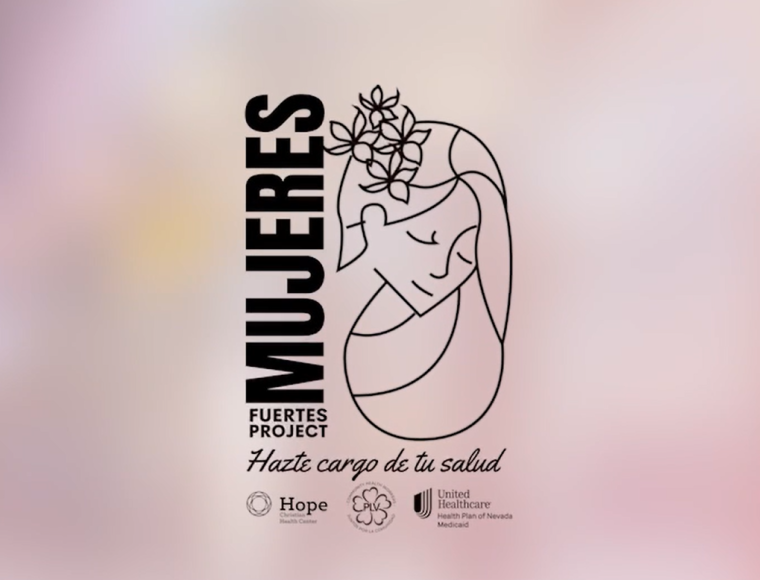UnitedHealthcare recently announced an investment of $500,000 in three nonprofit organizations to expand access to care and address social drivers of health in Mississippi. This funding is part of the Empowering Health program with over $11 million in grants being distributed across 12 states. The Mississippi-specific grant recipients include:
- University of Mississippi Medical Center: CHAMP program
- Extra Table
- Partnership for a Healthier America
University of Mississippi Medical Center
According to America’s Health Rankings, 20.8% of mothers in Mississippi experienced postpartum depression symptoms in 2021.1 Postpartum depression (PPD) is a form of major depression with an onset up to a year after childbirth.2 PPD is associated with chemical, social and psychological changes and is characterized by severe fatigue, frequent mood changes, disinterest in the newborn, loss of pleasure and suicidal ideation.
UnitedHealthcare’s $300,000 investment in the University of Mississippi Medical Center will help with the development of the Child Access to Mental Health and Psychiatry (CHAMP) for Moms program. The current CHAMP program supports primary care providers with mental health care diagnoses, medication management and treatment planning.3 The CHAMP for Moms program will similarly provide mental health support, working alongside OB-GYN practices to promote services addressing perinatal and postnatal mental health challenges in expectant and new mothers.
Extra Table
Mississippi currently ranks as the most food insecure state in the U.S. with over 600,000 Mississippi residents (including 121,000 children) facing hunger.4,5 Defined as a household-level economic and social condition of limited access to adequate nutrition, food insecurity can lead to Type 2 diabetes, high blood pressure and heart disease.6,7 Children experiencing food insecurity are additionally at risk for delayed development, anemia and asthma.8
Extra Table is a nonprofit organization committed to ending hunger by providing food pantries and soup kitchens with the resources they need to address food insecurity in their communities.5 UnitedHealthcare’s $100,000 investment in Extra Table will be used to purchase infrastructure and equipment for the “OnePotWonder” project which is focused on increasing food pantries’ inventory of healthy, ready-to-make meals. Research shows that food banks can significantly improve food security and dietary intake for those served.9
Partnership for a Healthier America
Food insecurity can additionally be addressed through nutrition education. Research shows that nutrition programs within schools reduce the risk of chronic diseases such as obesity, coronary heart disease, diabetes and cancer in adulthood.10 Within nutrition initiatives, garden programs provide students with real-life experience tending to gardens and harvesting produce.11 These programs have been found to increase students’ nutrition knowledge as well as positive attitudes toward fruits and vegetables.
Devoted to transforming the food landscape in pursuit of health equity, Partnership for a Healthier America (PHA) is a nonprofit organization supplying over 77,000 convenience stores across the U.S. with fresh fruits and vegetables through distributor partnerships.12 UnitedHealthcare’s $100,000 investment in PHA will support youth engagement experiences including programming around community gardens, cooking classes and nutrition education. These youth engagement experiences compliment PHA’s Good Food for All program which provides 50 servings of produce per week to families that face access barriers to affordable, healthy and sustainable food for a total of 12 weeks.13
Sources
- Explore Postpartum Depression in Mississippi | AHR (americashealthrankings.org)
- “I’m happy to be a new mom. But why am I feeling so sad?” - Mayo Clinic Press
- About Us - Child Access to Mental Health and Psychiatry at University of Mississippi Medical Center (champms.org)
- USDA ERS - Key Statistics & Graphics
- Extra Table | Neighbors Feeding Neighbors
- Food Insecurity - Healthy People 2030 | health.gov
- Importance of Nutrition on Health in America | Feeding America
- Child Hunger in America | Feeding America
- Food Banks Play Role in Improving Food Security | Feeding America
- Department of Education: Effect of Nutrition Education
- Healthy Eating Learning Opportunities and Nutrition Education | Healthy Schools | CDC
- Join Us in the Fight for Food Equity • Partnership For A Healthier America
- Good Food for All • Partnership For A Healthier America
